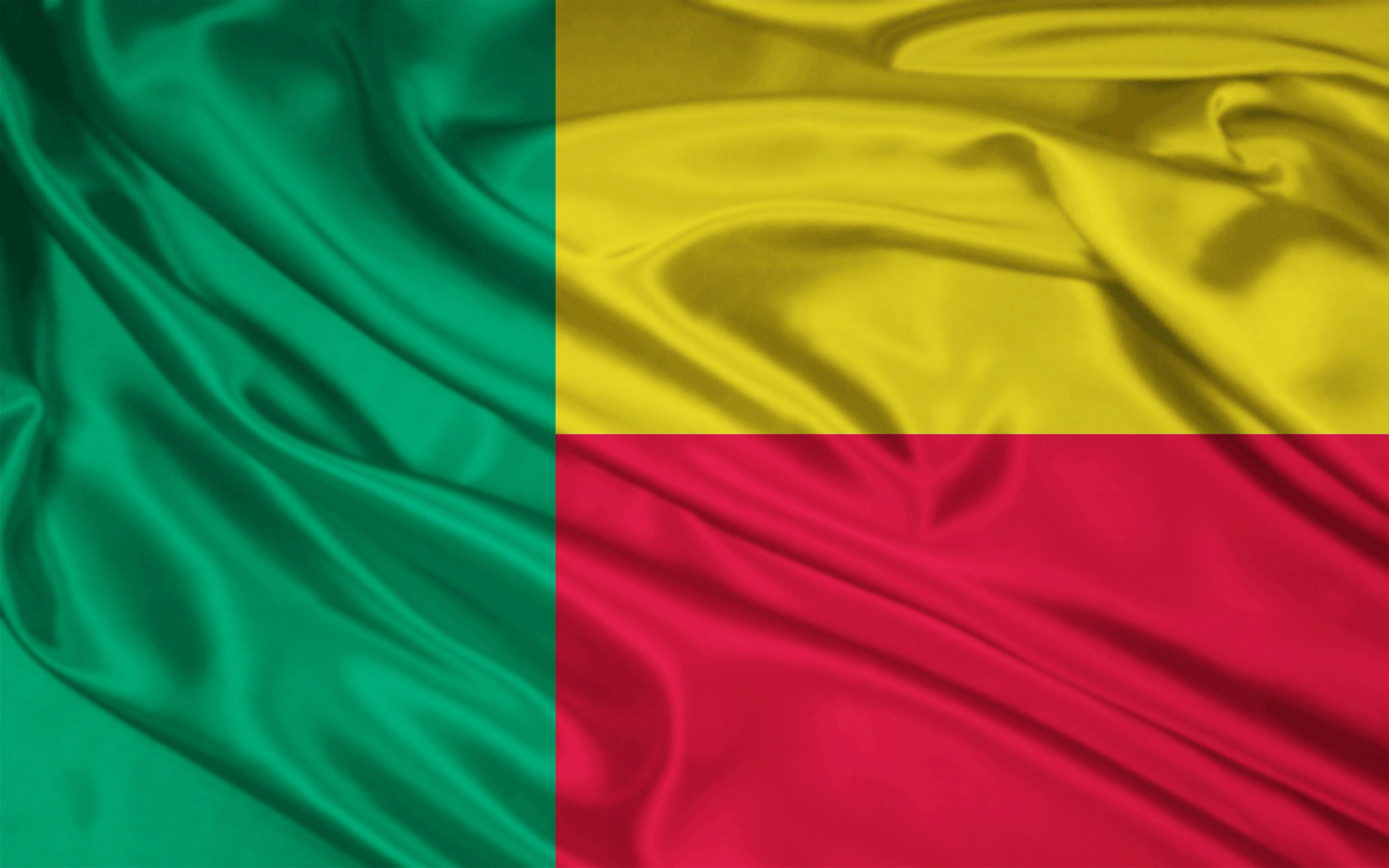Country Profile: Benin

The Republic of Benin Benin, formerly known as Dahomey, the is a West African country that is bordered by Togo to the west, Nigeria to the east, Burkina Faso to the north-west, and Niger to the north-east.
The majority of its population lives on the southern coastline of the Bight of Benin, part of the Gulf of Guinea in the northernmost tropical portion of the Atlantic Ocean.
The capital is Porto-Novo, and the seat of government is in Cotonou, the most populous city and economic capital.
GEORGRAPHY
Benin's coastline is just 121 km (75 mi) long. It has an area of 112,622 km², and its population in 2021 was estimated to be approximately 13 million.
Benin is characterized by a great diversity of landscapes and ecosystems. Indeed, the Pendjari National Park and the W Regional Park, located in northern Benin, are two of the most protected and biodiverse semiarid grassland ecosystems in West Africa.

The mountainous region of the northwest constitutes the water reservoir for the Republics of Benin and Niger.
In contrast, the central part of the country forms a large complex of plateaus covered by a mosaic of savannas, gallery forests, woodland, and cropland.
Agriculture is a major part of Benin’s economy, and Benin is one of Africa’s largest cotton producers. In the south, the landscape is very distinct with immense palm groves scattered across the fertile plateau of the Terre de Barre.

The coastal region is characterized by lagoons and marshes formed by the three main rivers of the country flowing into the coastal sandy barriers.
The largest lagoon, Nokoué Lake, separates Benin’s two largest cities, Cotonou and Porto-Novo.
More than half of the population is concentrated in the south on only one-tenth of the country’s land (BBC, 2015).
ECONOMY
The economy of Benin remains underdeveloped and dependent on subsistence agriculture, cotton production, and regional trade.
Benin plans to attract more foreign investment, place more emphasis on tourism, facilitate the development of new food processing systems and agricultural products, and encourage new information and communication technology.
It is a tropical nation, dependent on agriculture, and is an exporter of palm oil and cotton. Some employment and income arise from subsistence farming.
The economy is dependent on subsistence agriculture, cotton production, and regional trade. Cotton accounts for 40% of the GDP and roughly 80% of official export receipts.
Real GDP growth was estimated at 5.1% and 5.7% in 2008 and 2009, respectively. The main driver of growth is the agricultural sector, with cotton being the main export, while services continue to contribute the largest part of GDP mostly because of Benin's geographical location, enabling trade, transportation, transit and tourism activities with its neighboring states.

Benin's overall macroeconomic conditions were "positive" in 2017, with a growth rate of around 5.6%.
Economic growth was mostly driven by the cotton industry and other cash crops, the Port of Cotonou, and telecommunications.
A source of revenue is the Port of Cotonou, and the government is seeking to expand its revenue base.
In 2017, Benin imported about $2.8 billion in goods such as rice, meat and poultry, alcoholic beverages, fuel plastic materials, specialized mining and excavating machinery, telecommunications equipment, passenger vehicles, and toiletries and cosmetics.
Principal exports are ginned cotton, cotton cake and cotton seeds, cashew, shea butter, cooking oil, and lumber.
TRIVIA
Benin has a population of 10 million people (in 2013), Porto-Novo, a port on an inlet of the Gulf of Guinea is the nations capital city, largest city and economic capital is Cotonou.
Spoken languages are French (official), Fon and Yoruba.
 The official language of Benin is French, with indigenous languages such as Fon, Bariba, Yoruba and Dendi also spoken.
The official language of Benin is French, with indigenous languages such as Fon, Bariba, Yoruba and Dendi also spoken.
The largest religious group in Benin is Sunni Islam (27.7%), followed by Roman Catholicism (25.5%), Vodun (11.6%), and Protestantism.
Benin is a member of the United Nations, the African Union, the Economic Community of West African States, the Organisation of Islamic Cooperation, the South Atlantic Peace and Cooperation Zone, Francophonie, the Community of Sahel–Saharan States, the African Petroleum Producers Association and the Niger Basin Authority.
Sources:
https://eros.usgs.gov/
https://www.nationsonline.org/
Wikipedia.com
